Enrique Aboitiz Mendieta
August 2022
It all started with a promise. The plague raged over Europe in 1633. The town of Oberammergau in Bavaria was not spared. The quaint village sought refuge in prayer: Stop the dying and we will stage a play, a passion play, of Jesus Christ. The dying stopped immediately. The play has been held every decade since, save a couple of years during a subsequent plague and a World War. Forty-two experiences have been carried over 400-plus years. No one has died of a plague since.
For 200 years, it was staged in the cemetery near the church. As word — the medium for traders — spread, more and more people from the world over came to visit. The town relocated the venue to accommodate where the Passion Play Theatre stands today. People attended for many reasons. The play, however, serves as a meditative point of reflection throughout this time for those who joined the experience. It did for me.
I was first told of this play in 1967. I have wanted to go since. I booked tickets for 2020, and COVID delayed that experience until now. The play lasts five short hours as time breezes. One arrives around noon, has lunch, enjoys the waiting, the moments of reflection, people passing, the cool breeze, a beer, and bratwurst before the 15 large double doors open around the theatre to accommodate a well-organized, Prussian Style free and easy ingress and, later, egress of 5,000 people. There is something about the disciples of Bismarck — they get things done. They understand order and discipline, yet they do not sacrifice content.
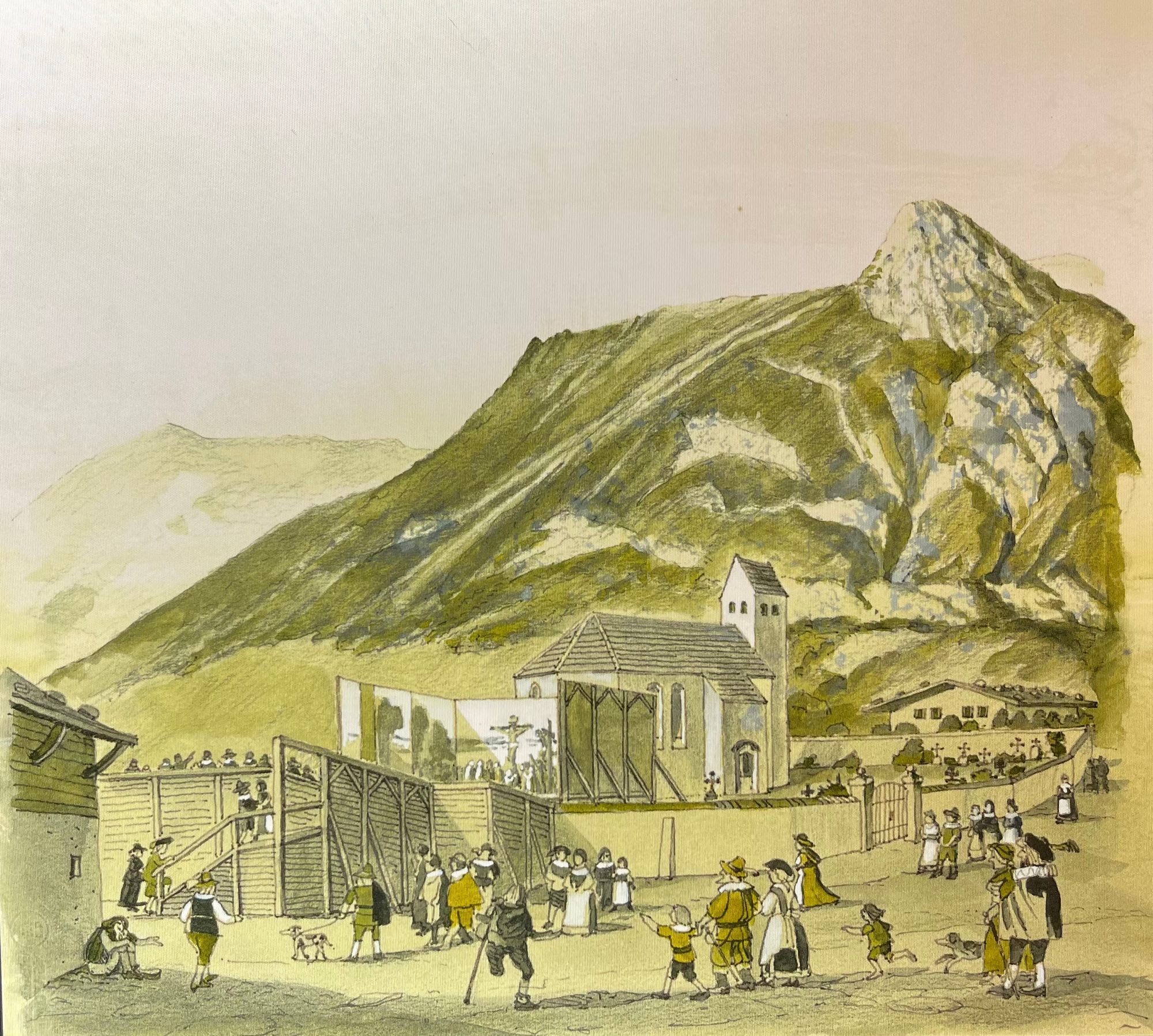
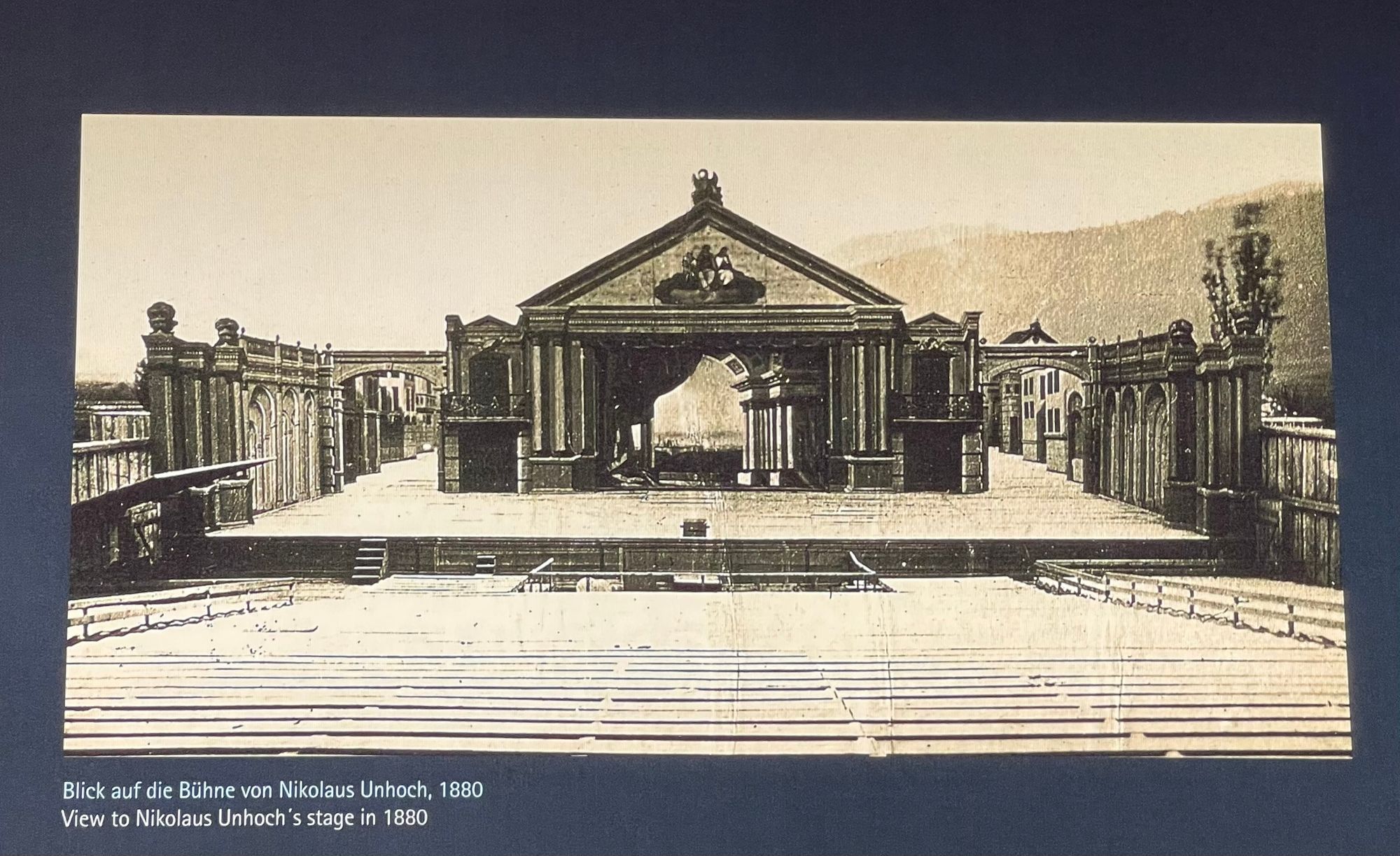
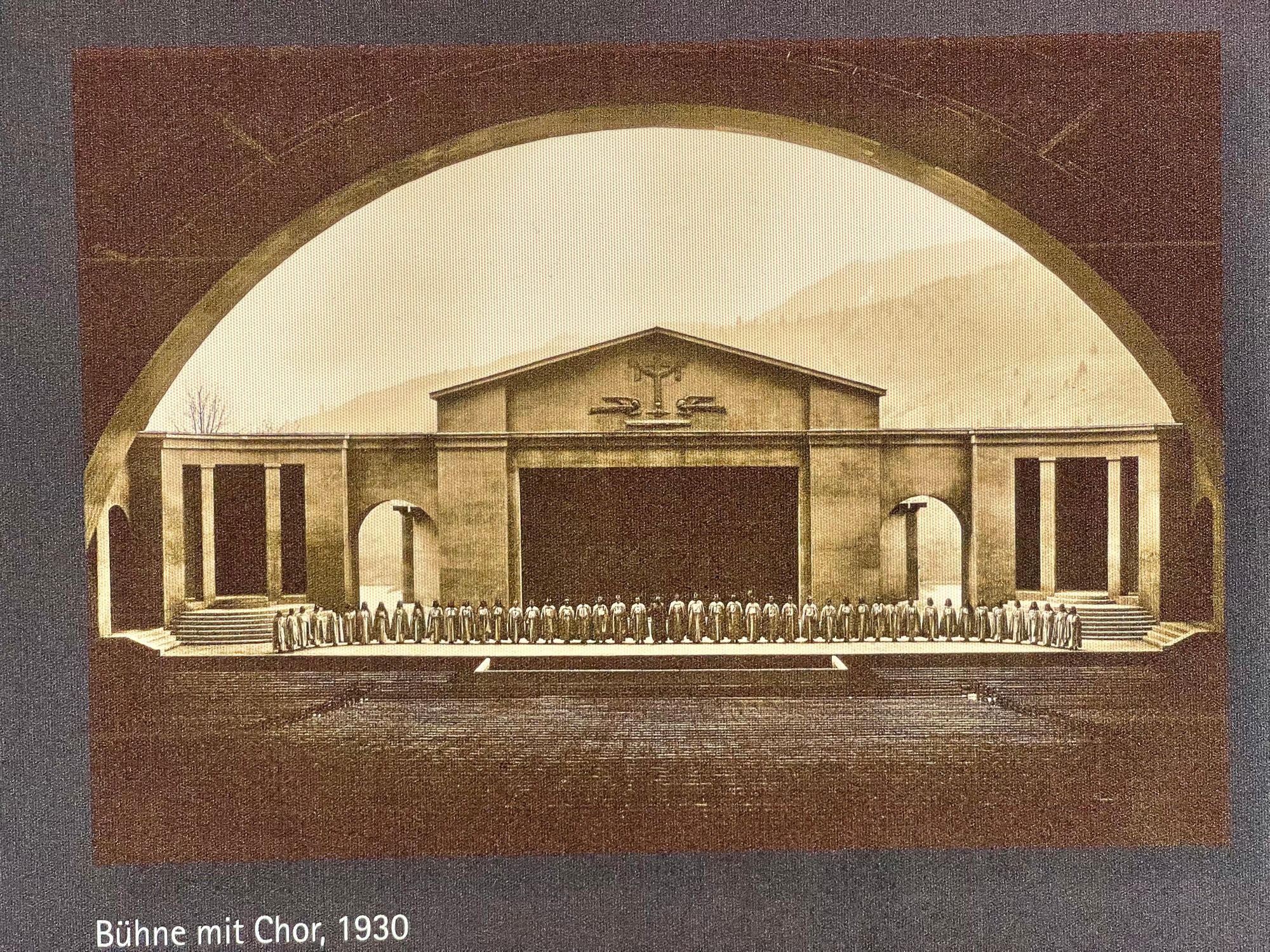
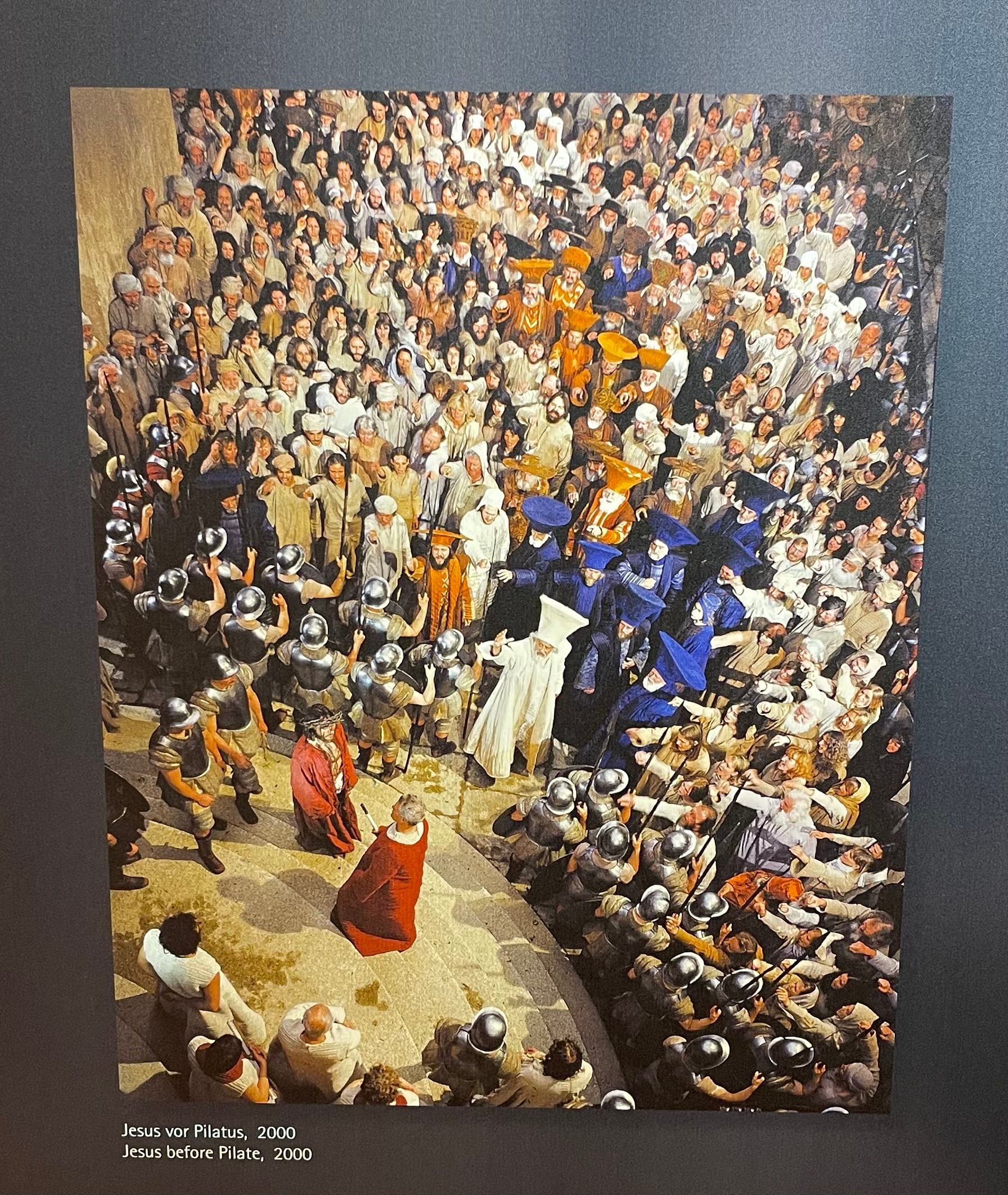
The experience begins at 2:30 with a three-hour break at 5 pm. You have three hours to run around the town, visit the museum, and think. It starts at 8 pm and ends after a spectacular Crucifixion right before you. The music is for all. They speak in German. As a Catholic, you know the story as it drilled into you. You can follow it with a booklet in English.
The timely adaptation to change needs healthy profits, as resources are required to fund innovation. Profits and innovation are twins.
I classify this as a Never Good Enough Institution — half the town of 4,000 participates directly. Sometimes there are close to 200 people on the stage. You feel you are in the Holy Land, as the event is accurate. You start with slightly cool weather whose temperature drops to chilly by the end. The experience exceeded my expectations significantly to climb up to the best possible play one can attend — a Never Good Enough Institution.
Every detail has been refined over the centenaries. You can feel the intensity of participation in the faces of each individual. The content is powerful and familiar. The audience has evolved, adapting and adapting and adapting without changing the story. To excel over 400 years, you must adapt to change, or you will perish, as Darwin alerted us. What began in the ignorant religious fervour of a medieval town evolved into tourism — albeit religious tourism — and, eventually, more tourism, including beer, trinkets, hotels, and books.
Half a million people come to this lushly green area of the Alps and leave behind millions of dollars. It is with increased wealth that the institution gets better and better. The timely adaptation to change needs healthy profits, as resources are required to fund innovation. Profits and innovation are twins.
The message is powerful. The story is loaded with content; most of it was created by human storytelling talent improved over such a long story that myths end up as biblical. In the case of Christianity, it is like a long, forever-playing jazz blending creative genius and natural flow, building legend over myth with some strategic genius weaving and snaking like a river that picks up nutrients from the glacier where it all started.
The Never Good Enough club does not forget that everything withers to success without logistics.
The story of the most successful institution ever, Catholicism and the Catholic Church and Christianity, is about continuous and timely adaptation to change by many. In its depth, Roman Catholicism is the original Never Good Enough Institution. Our leader today, a Jesuit, is a Rebel facing a Rebellion because he knows he needs to adapt or perish, and he is facing a Great Transformation as those before him failed to evolve.
The story of Oberammergau is one of all Never Good Enough Institutions. In October, when the event ends, the first thing they do is think of how to make it better the next time. They have a decade.
Oberammergau is a social project that unites a small town and attracts people from all over the world, so both learn. It is an economic project as it enriches the city. It is an example of teamwork: two people are more than one, and one person is less than one. It is a story of Prussian Execution without which the best have perished. The Never Good Enough club does not forget that everything withers to success without logistics.
Five thousand people raising and dropping cell phones and cameras would have resulted in a riot, so I cannot share any photos as they were not allowed. Our favourite dopamine-producing pastime, the web, does provide to enrich your interest.
Oberammergau has taken the Never Good Enough Religion to a level that only competes with its own past 400 odd years ago.
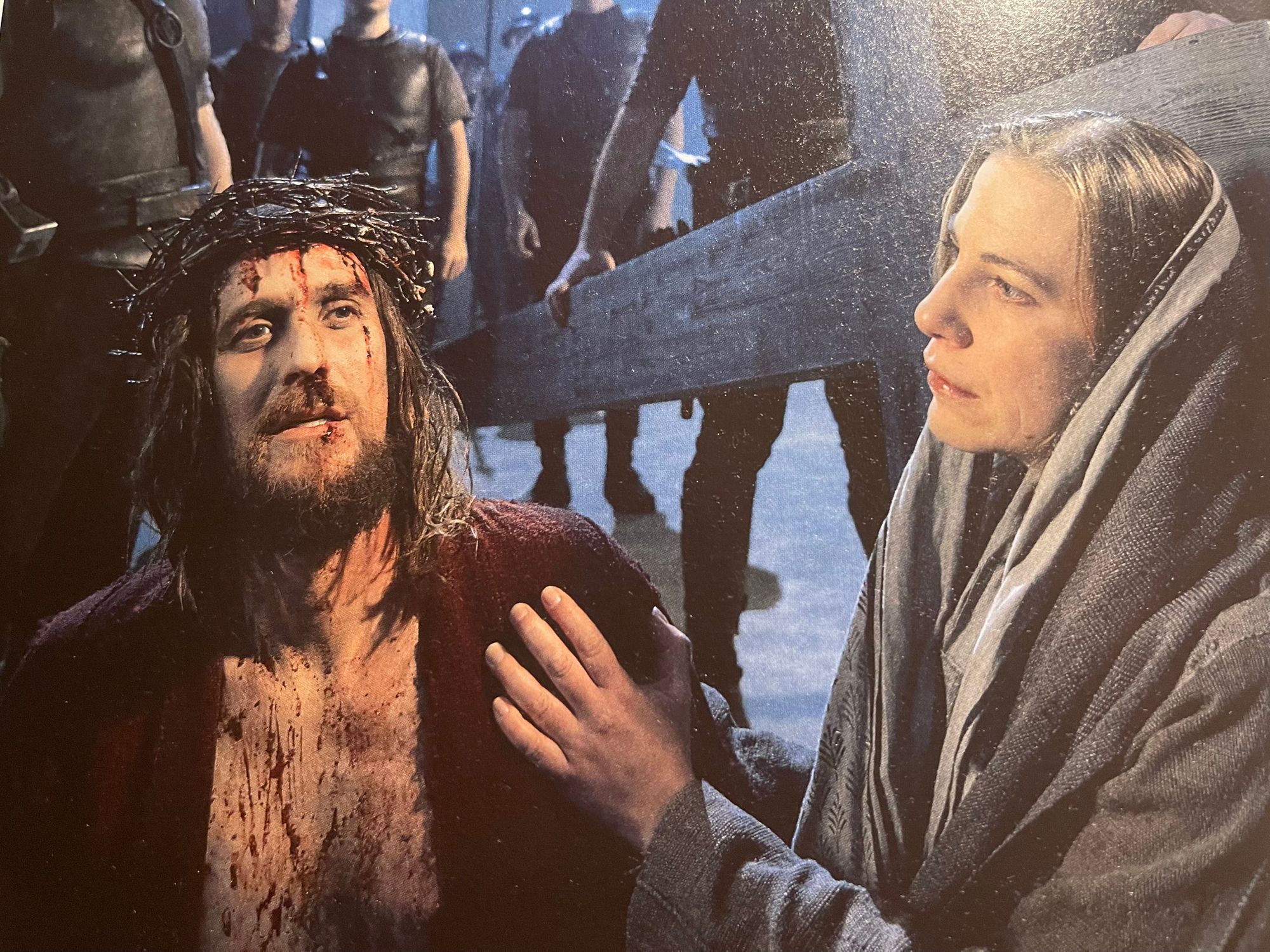
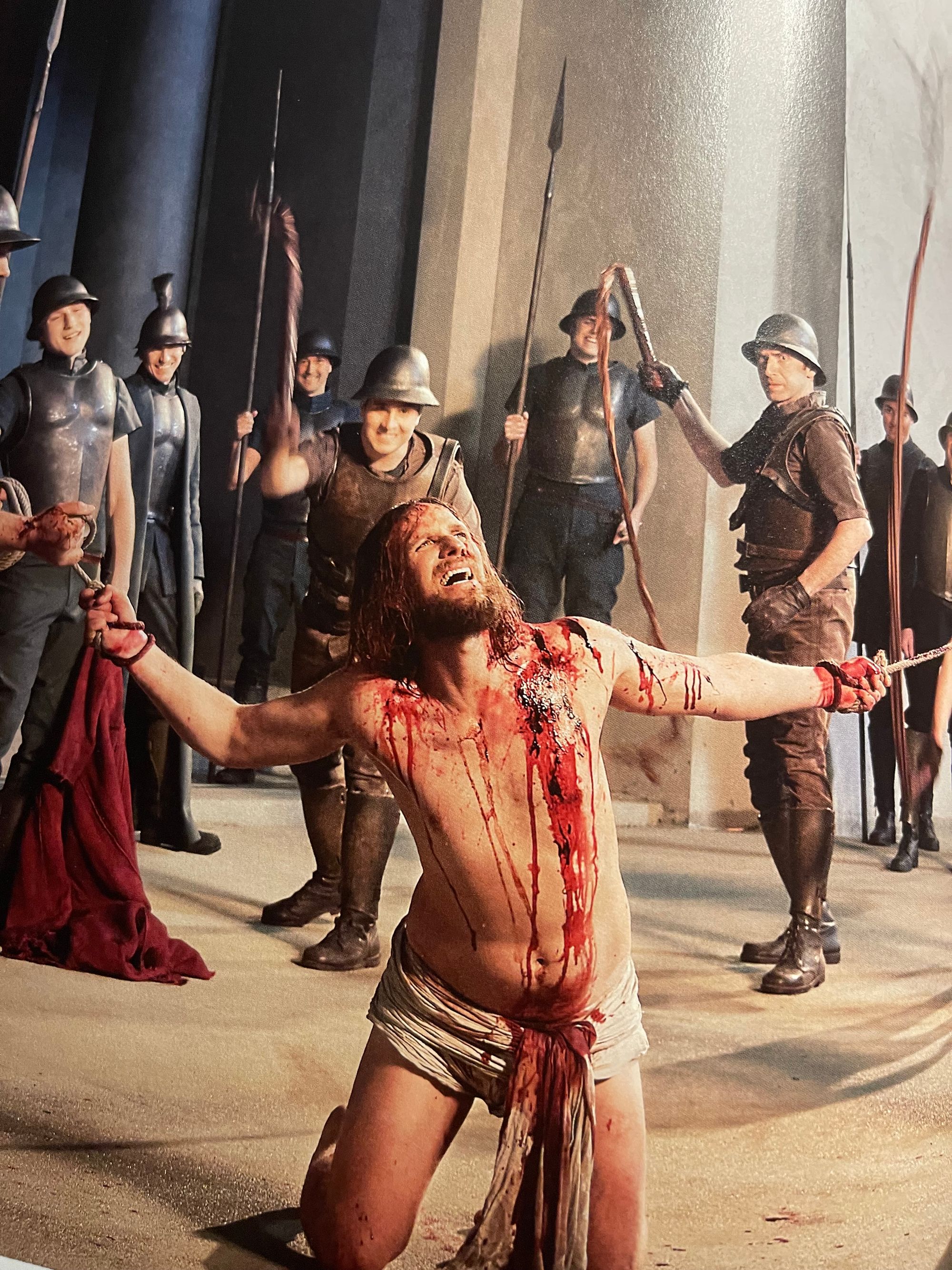
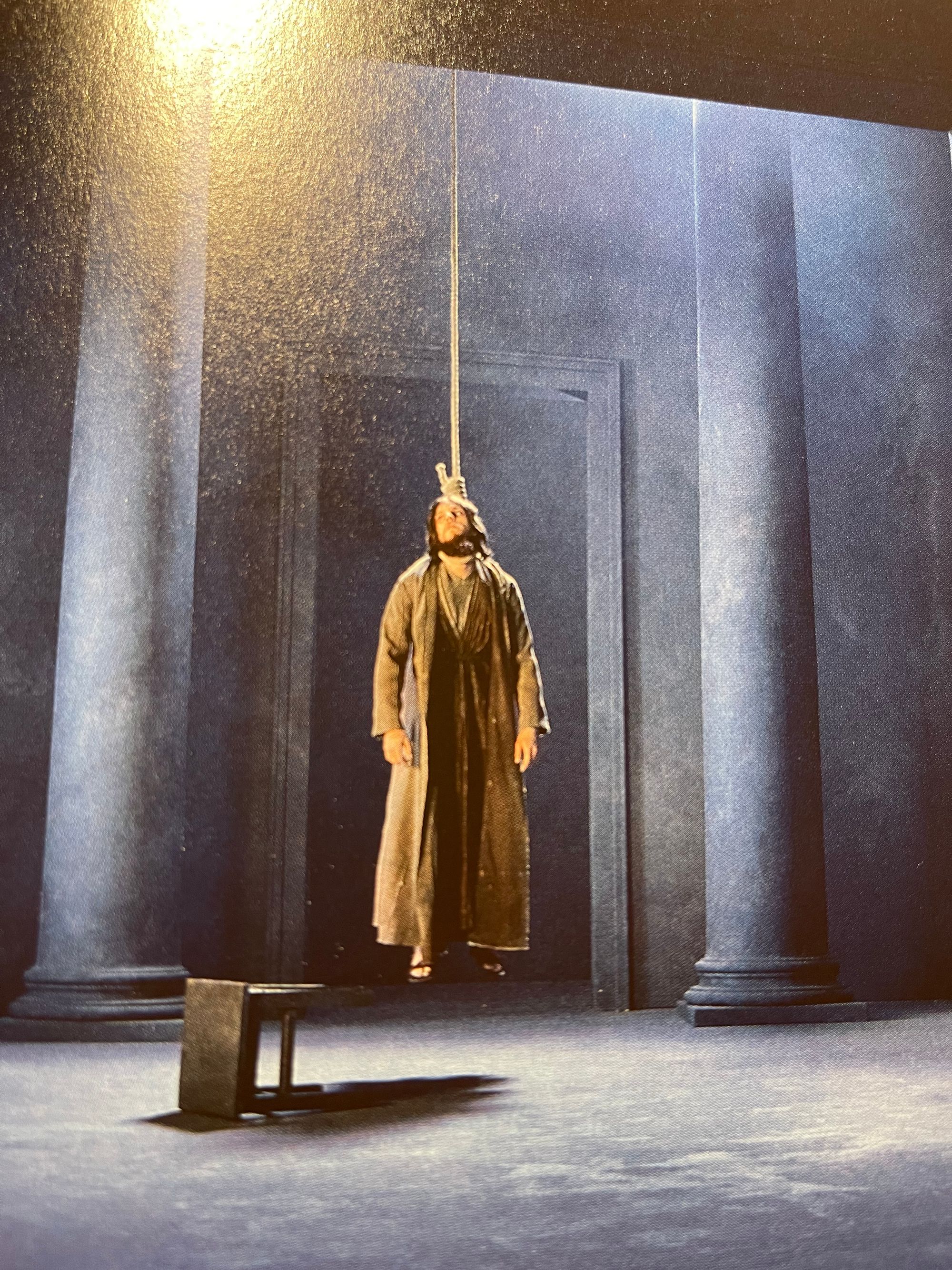
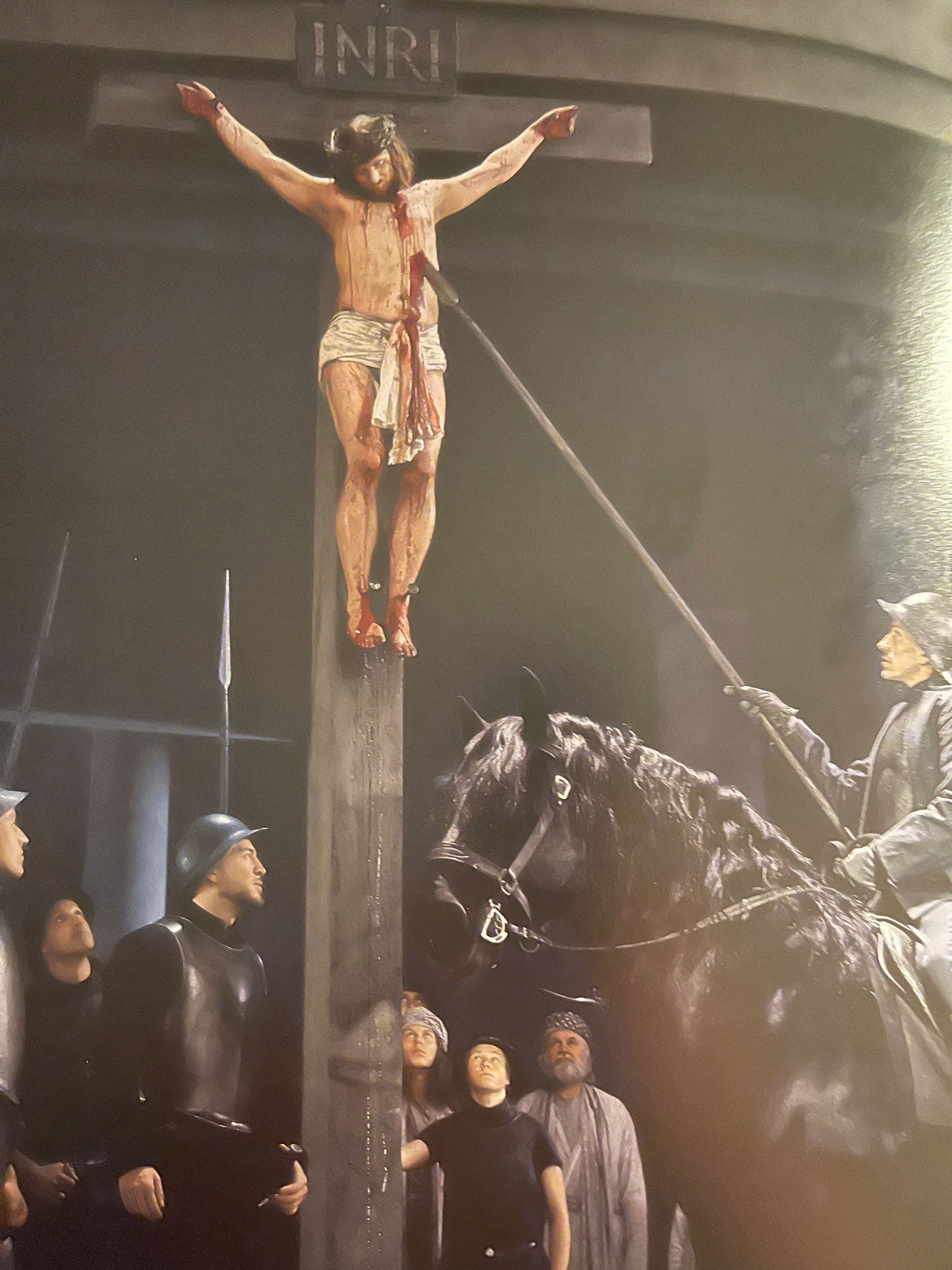

Supplemental article from Condé Nast Traveler as annotated by EMA:
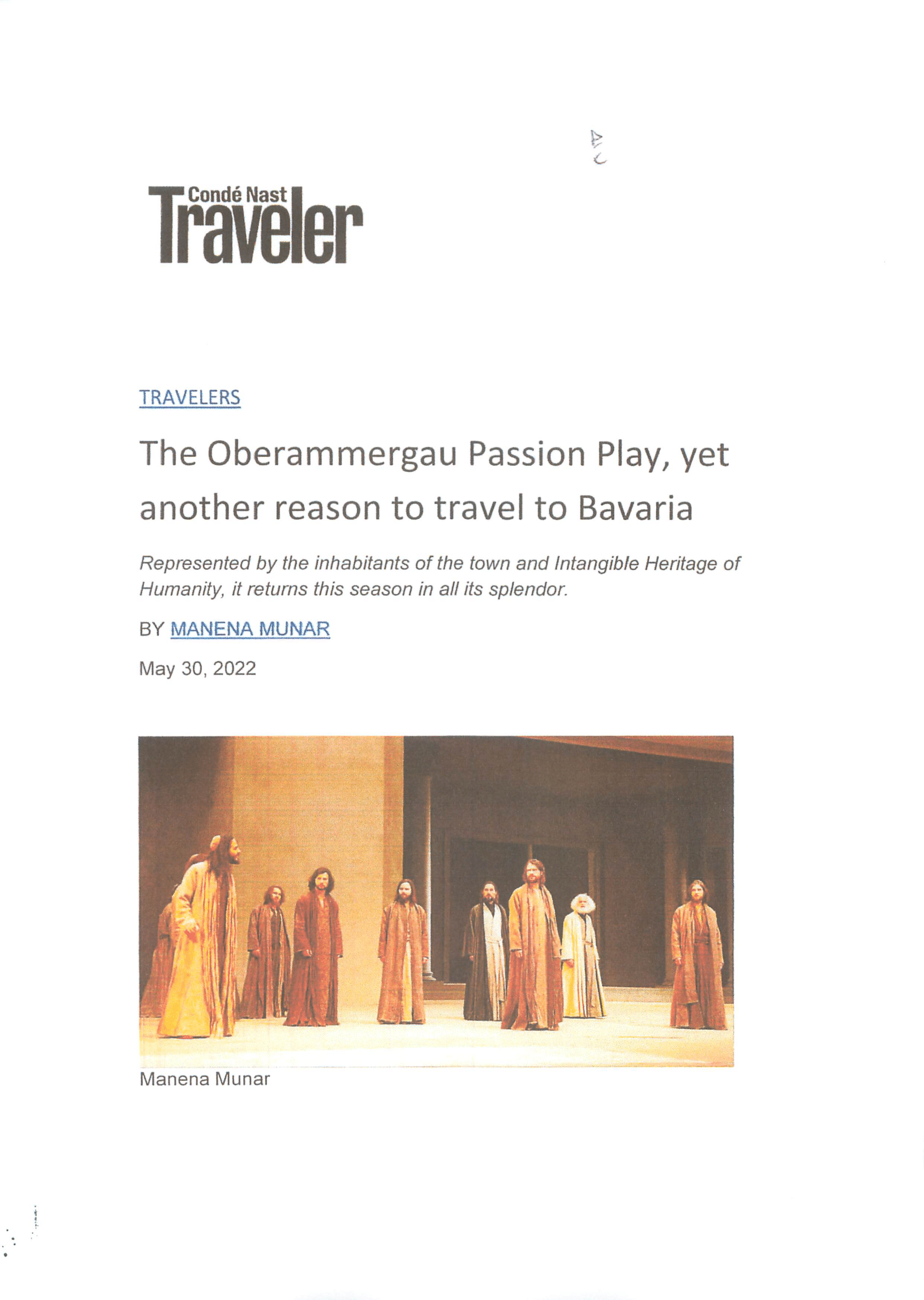
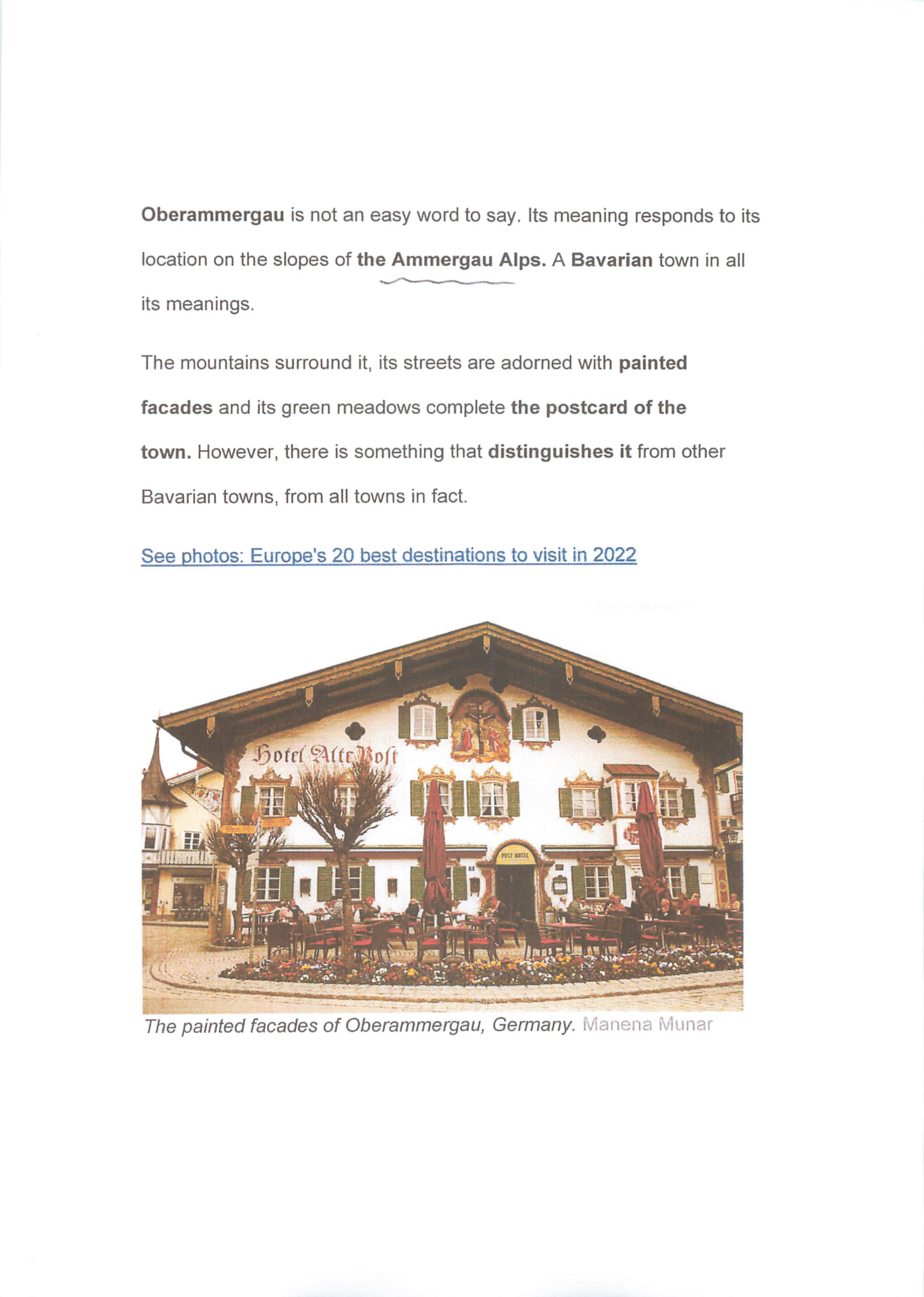
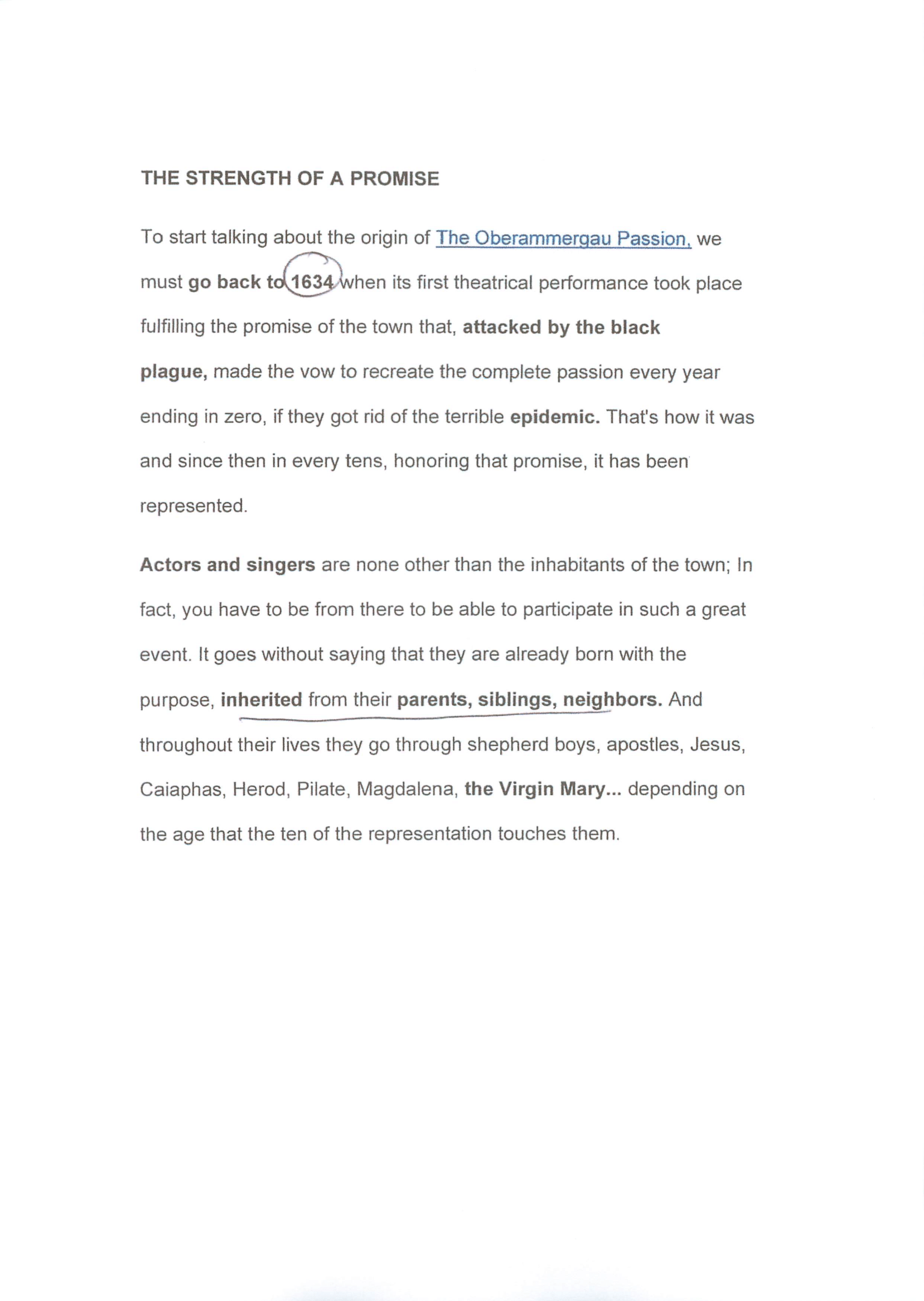
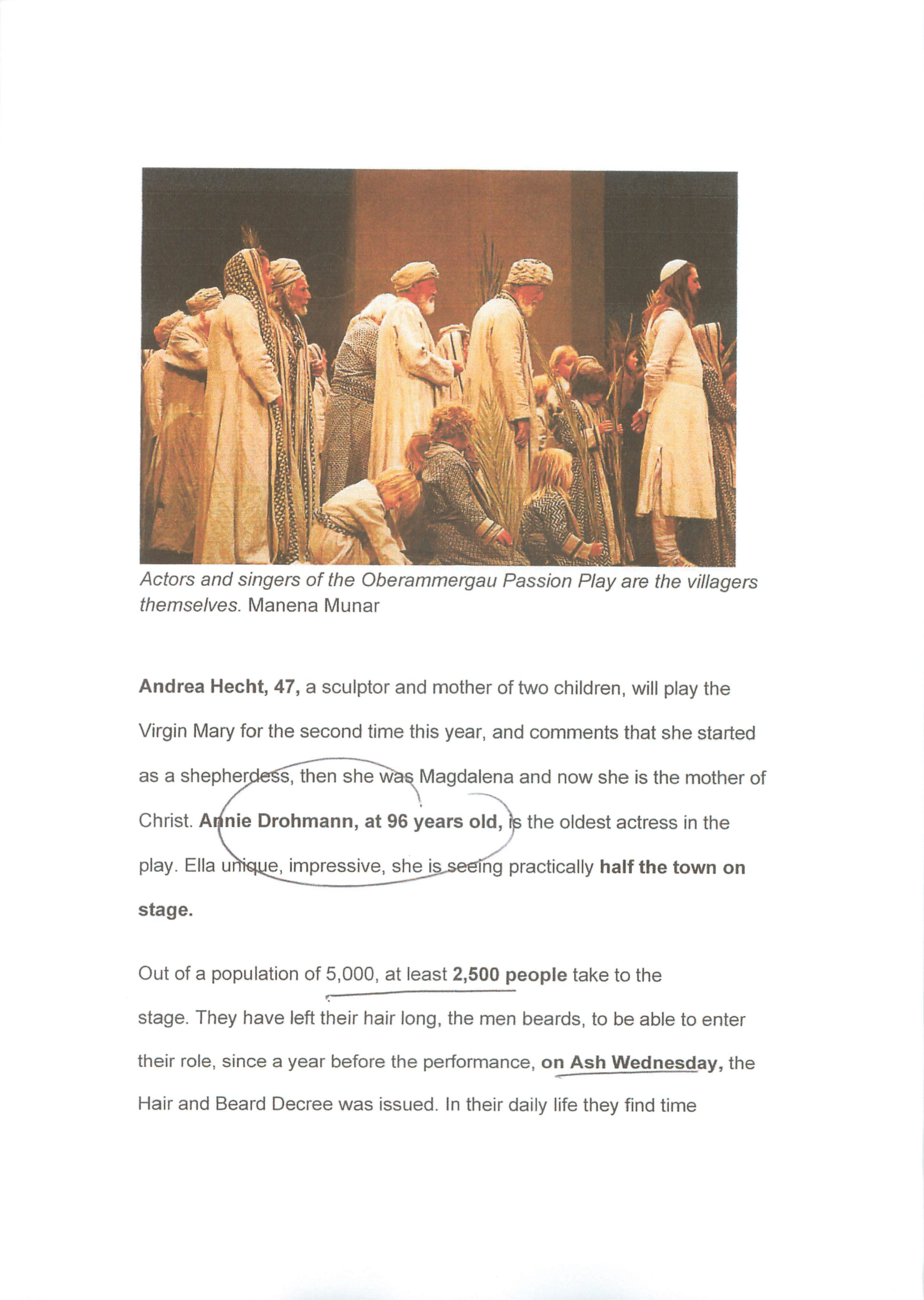
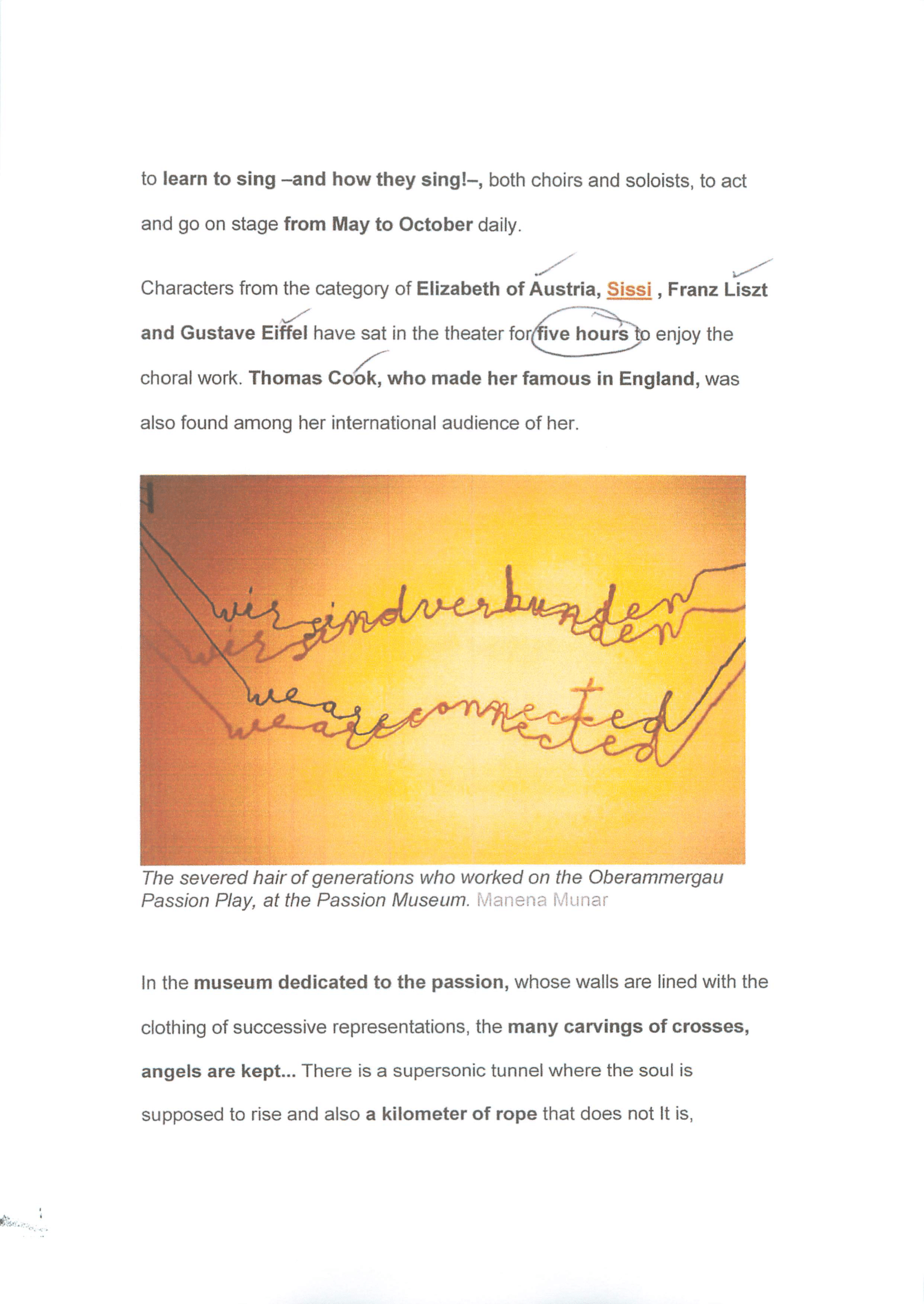
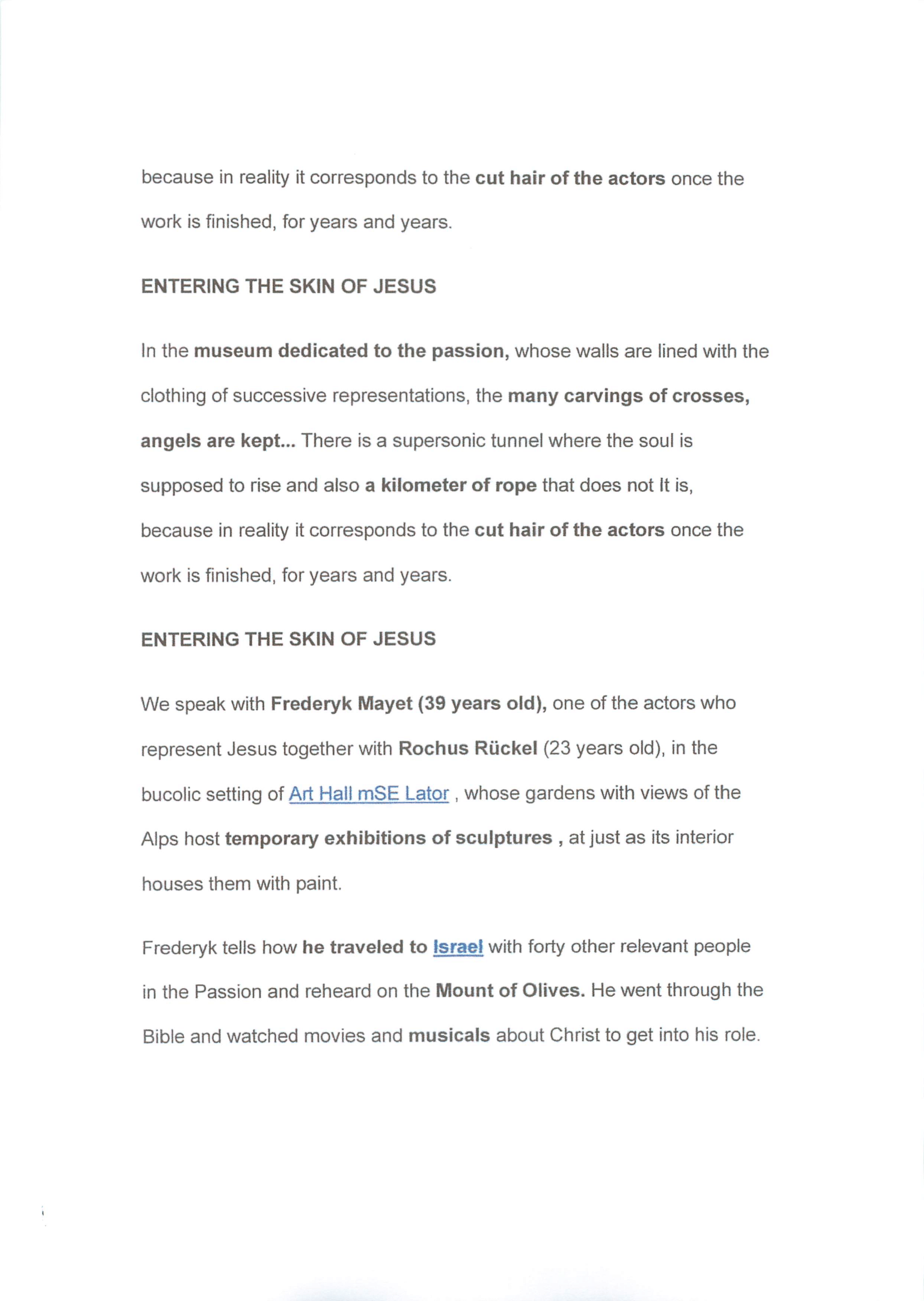
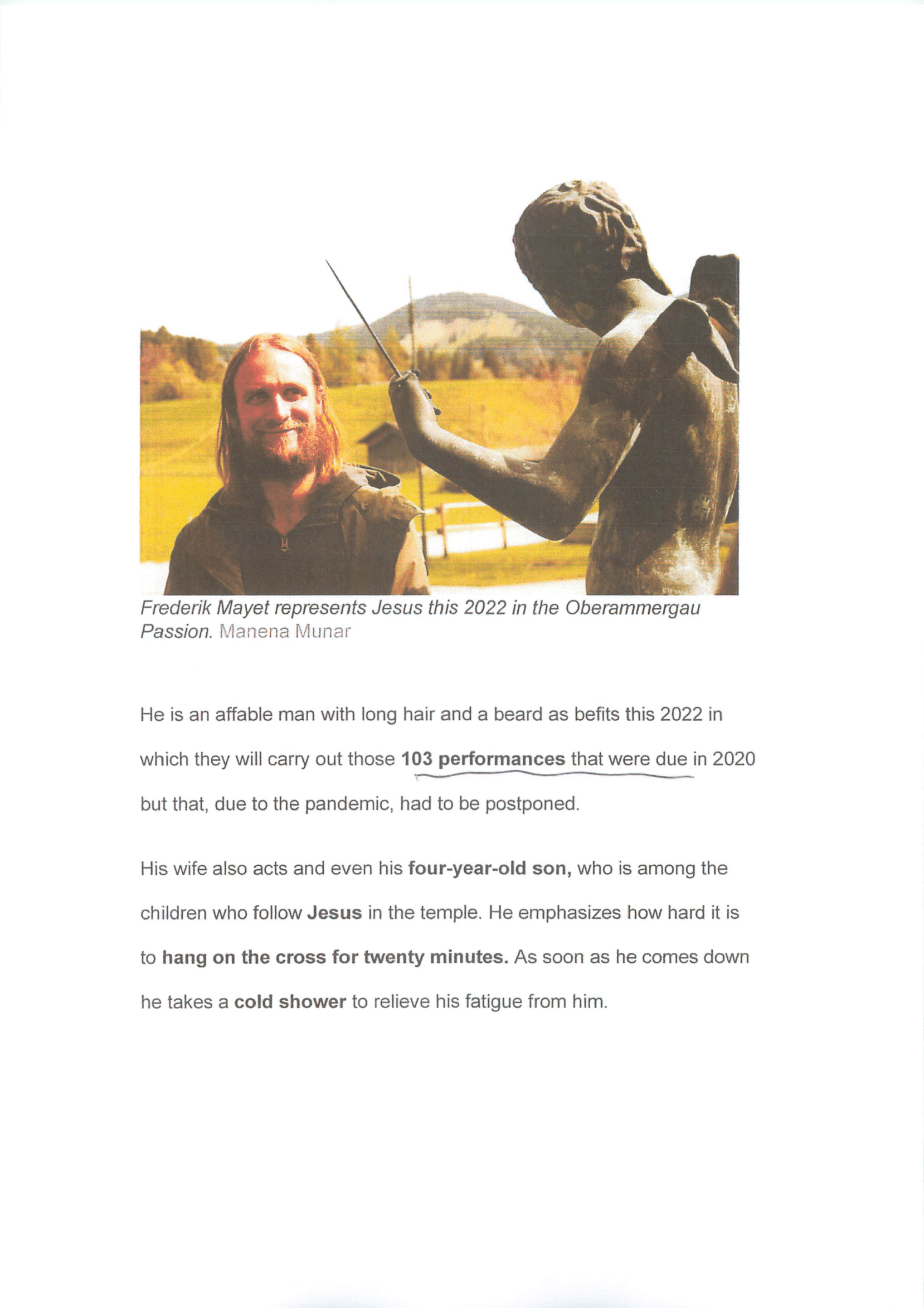
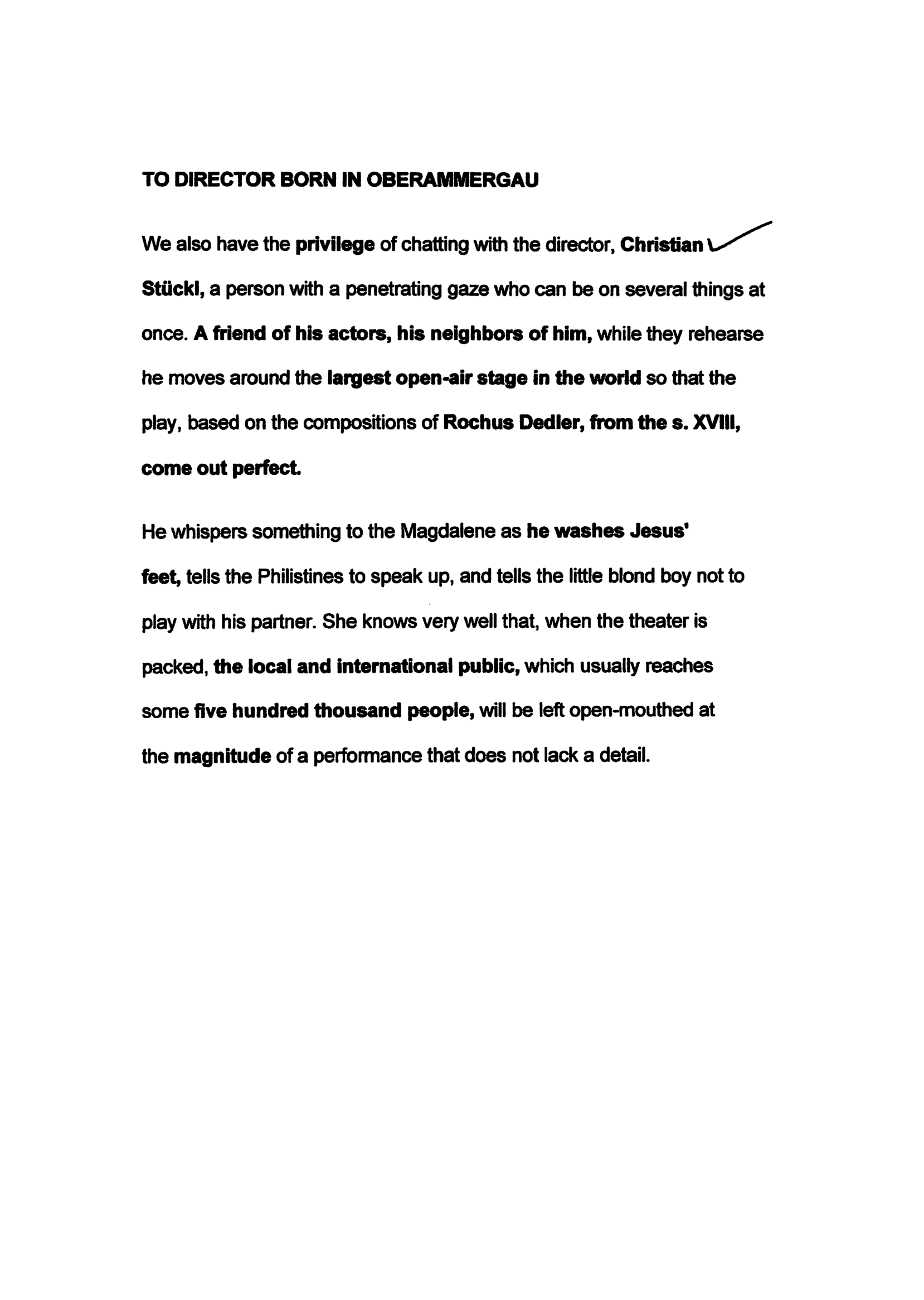
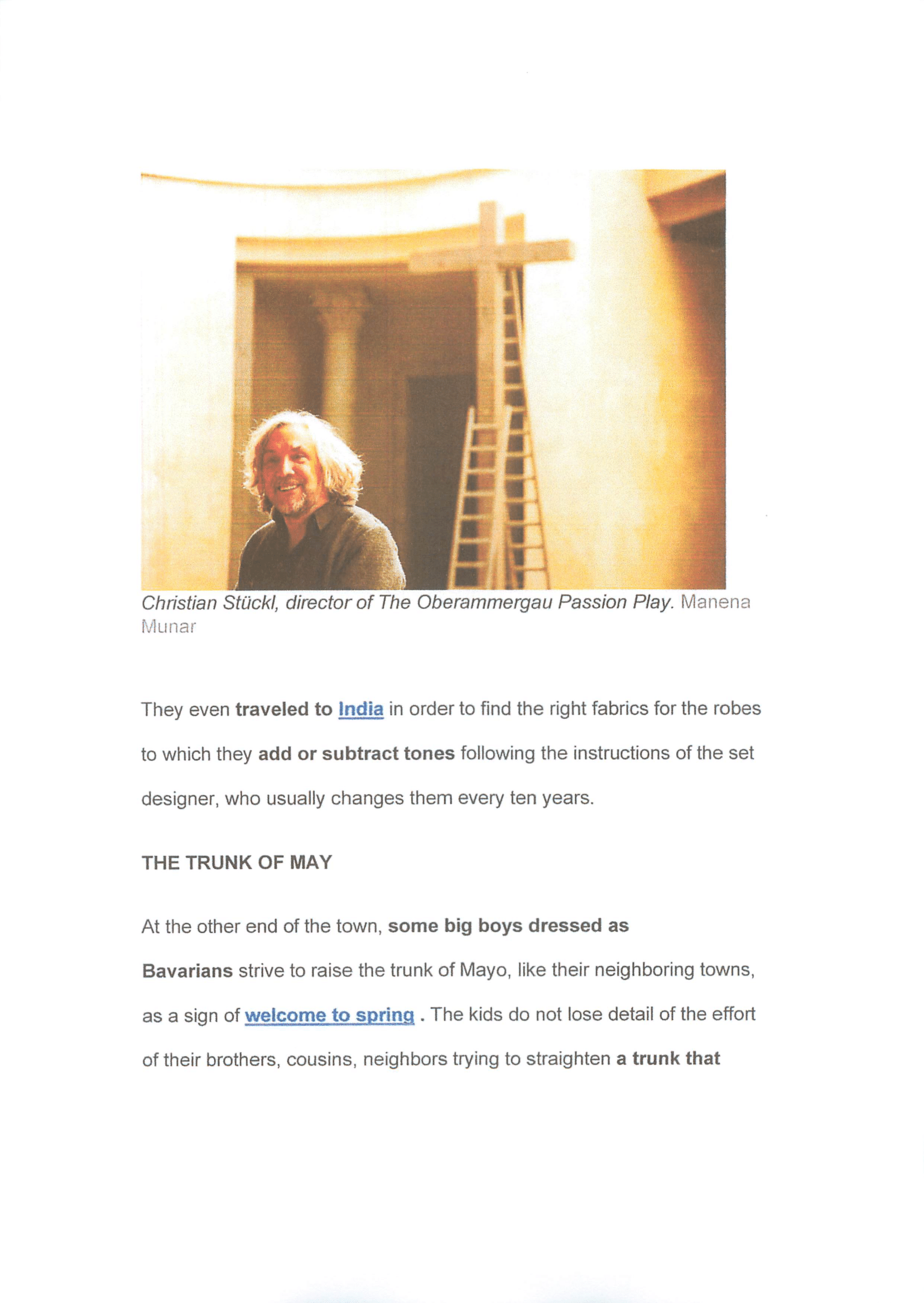
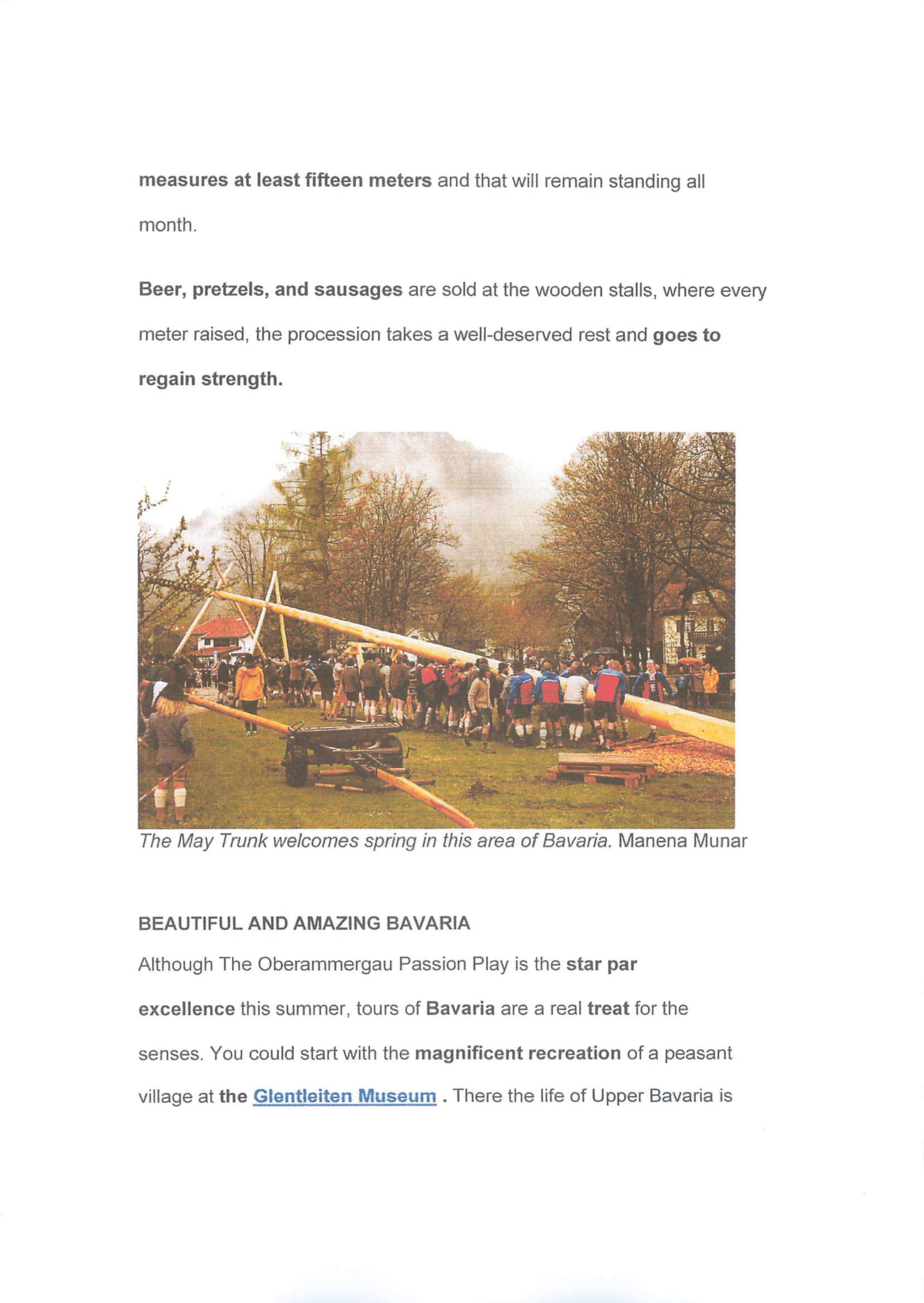
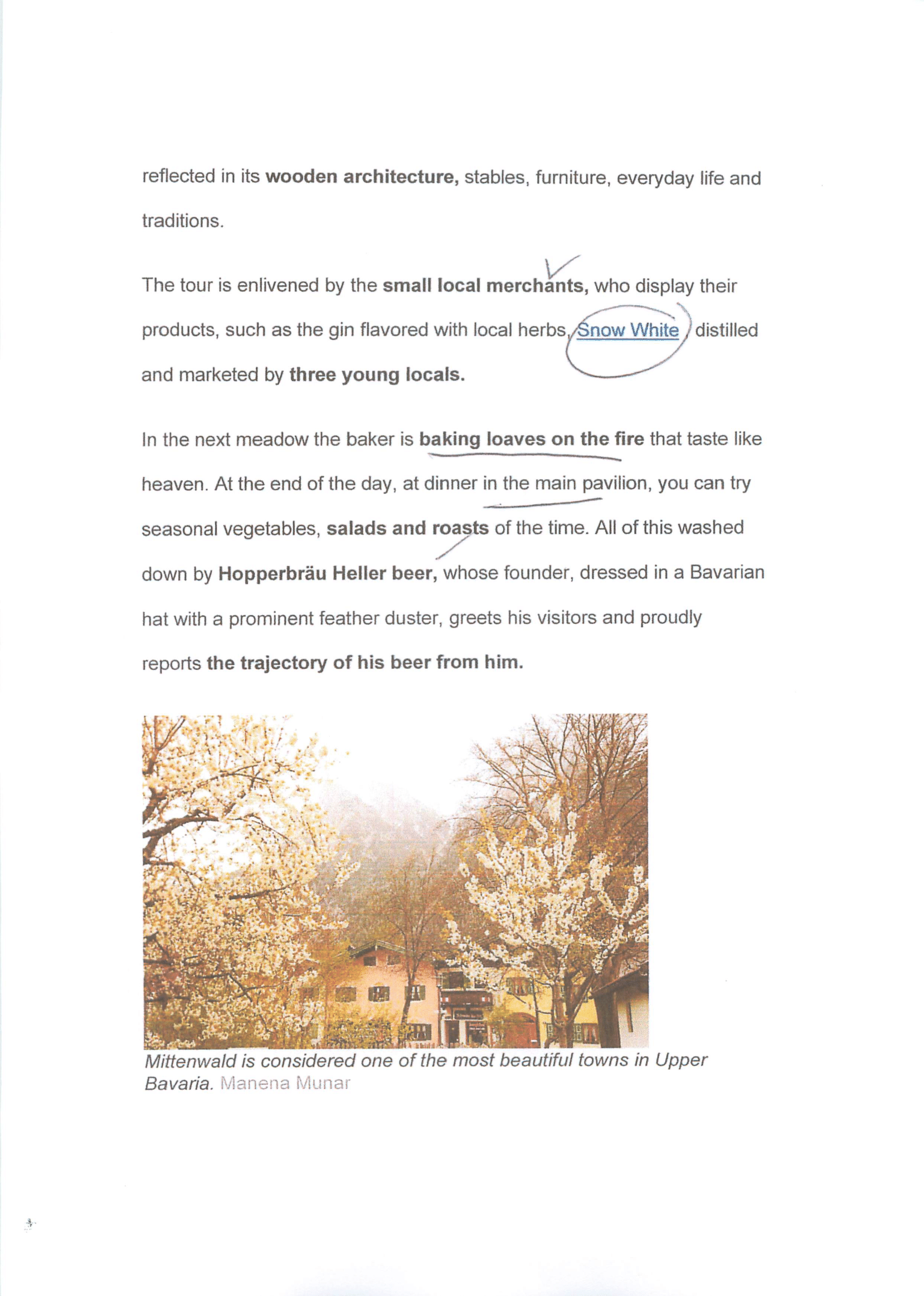
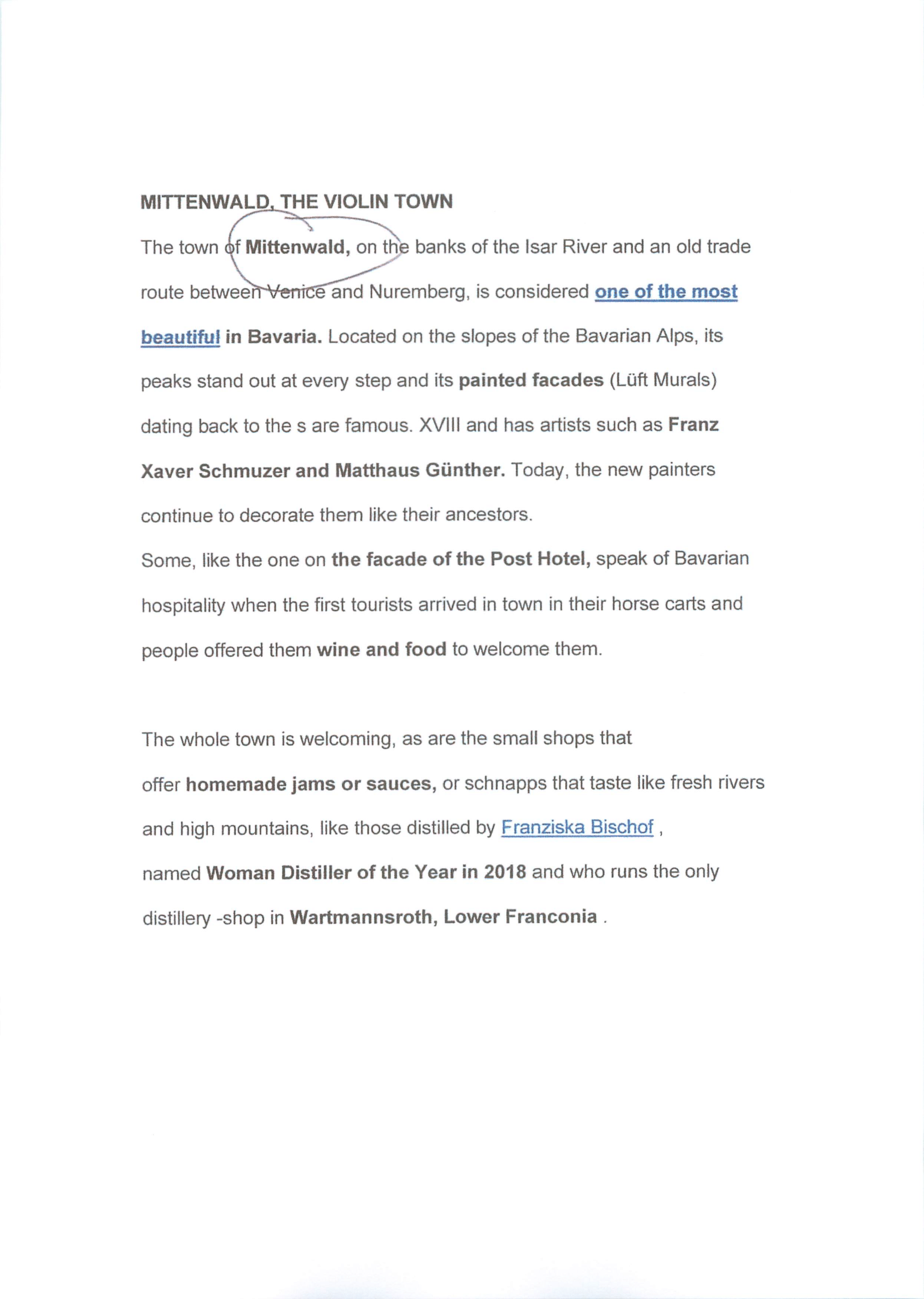
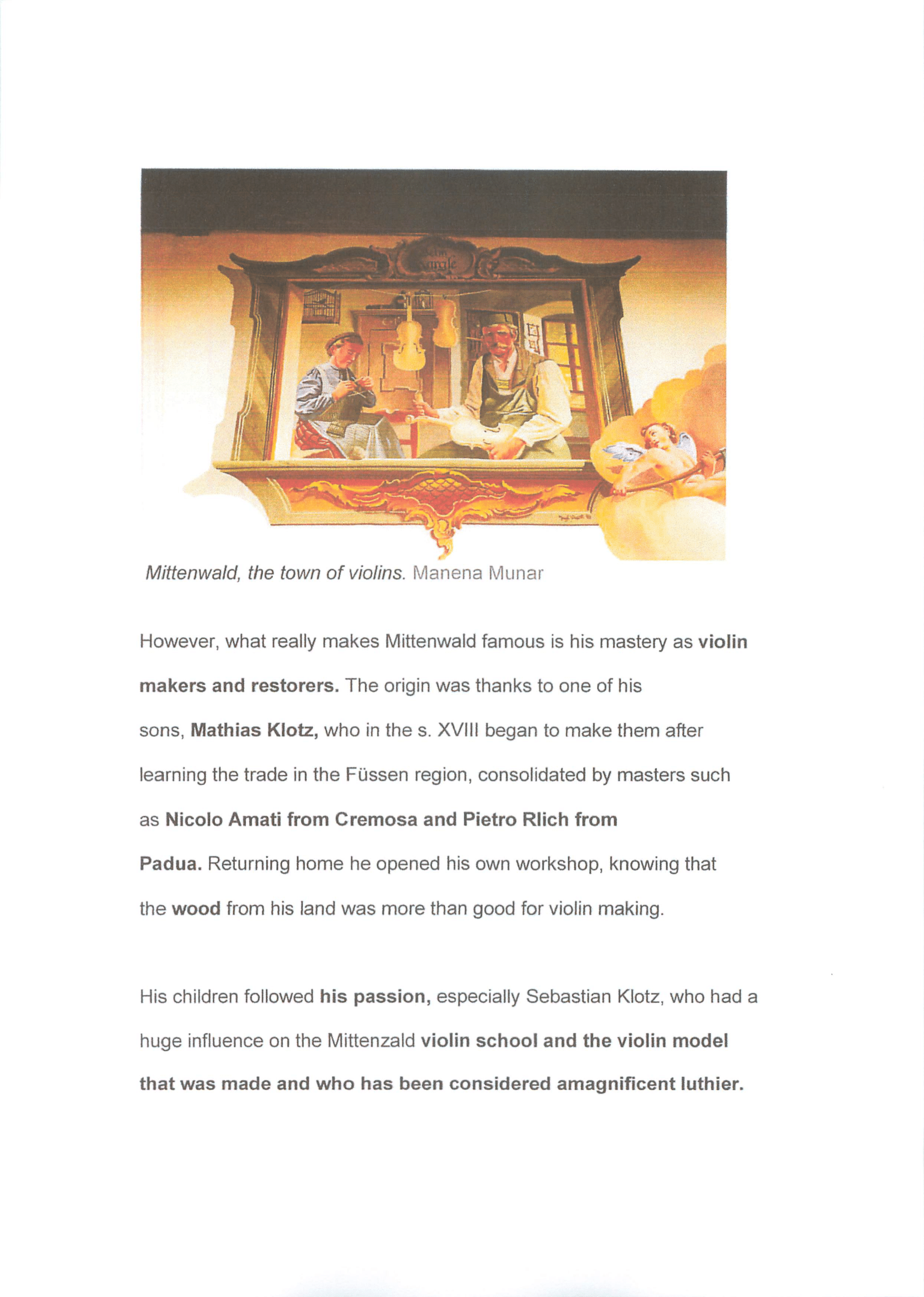
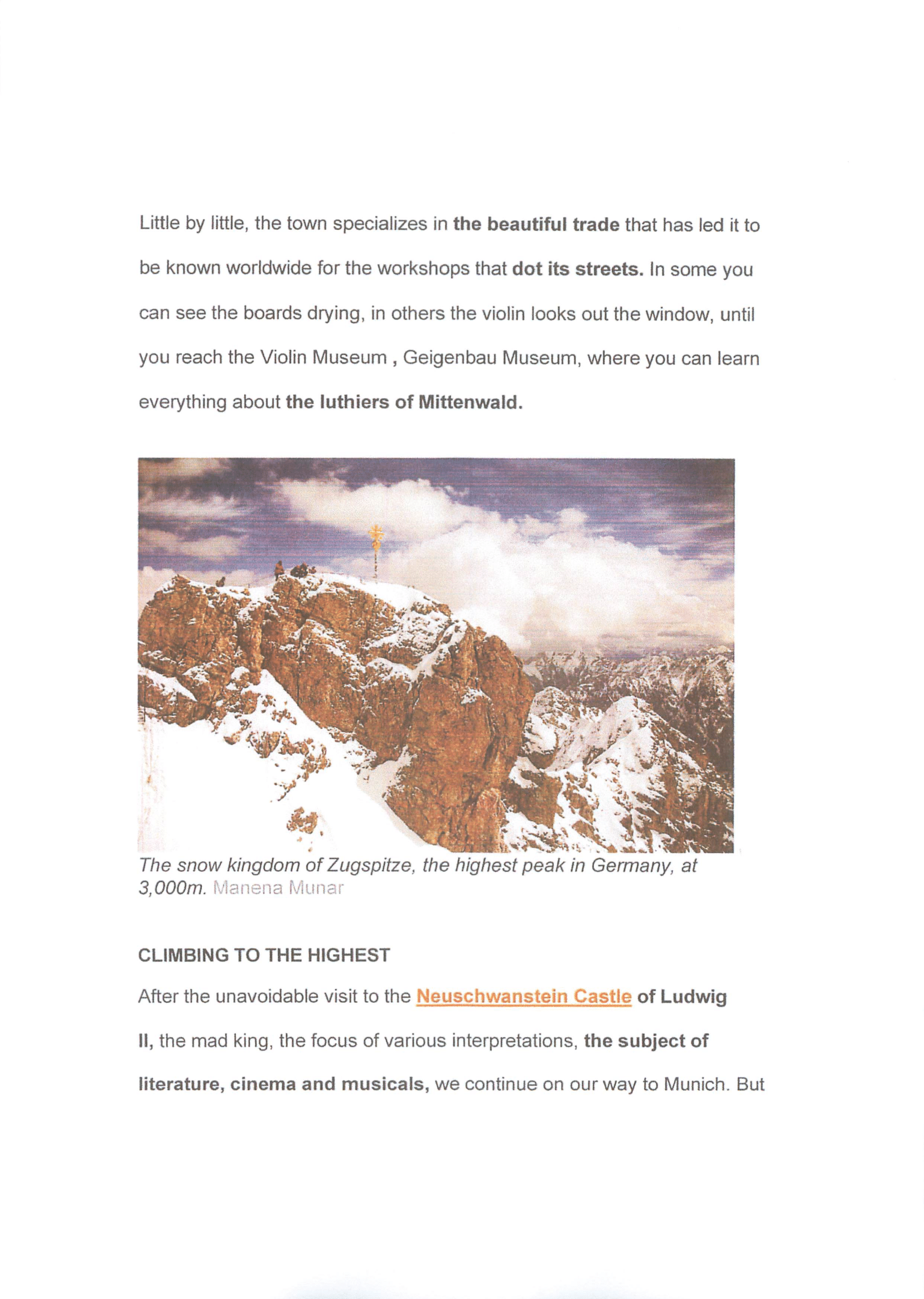
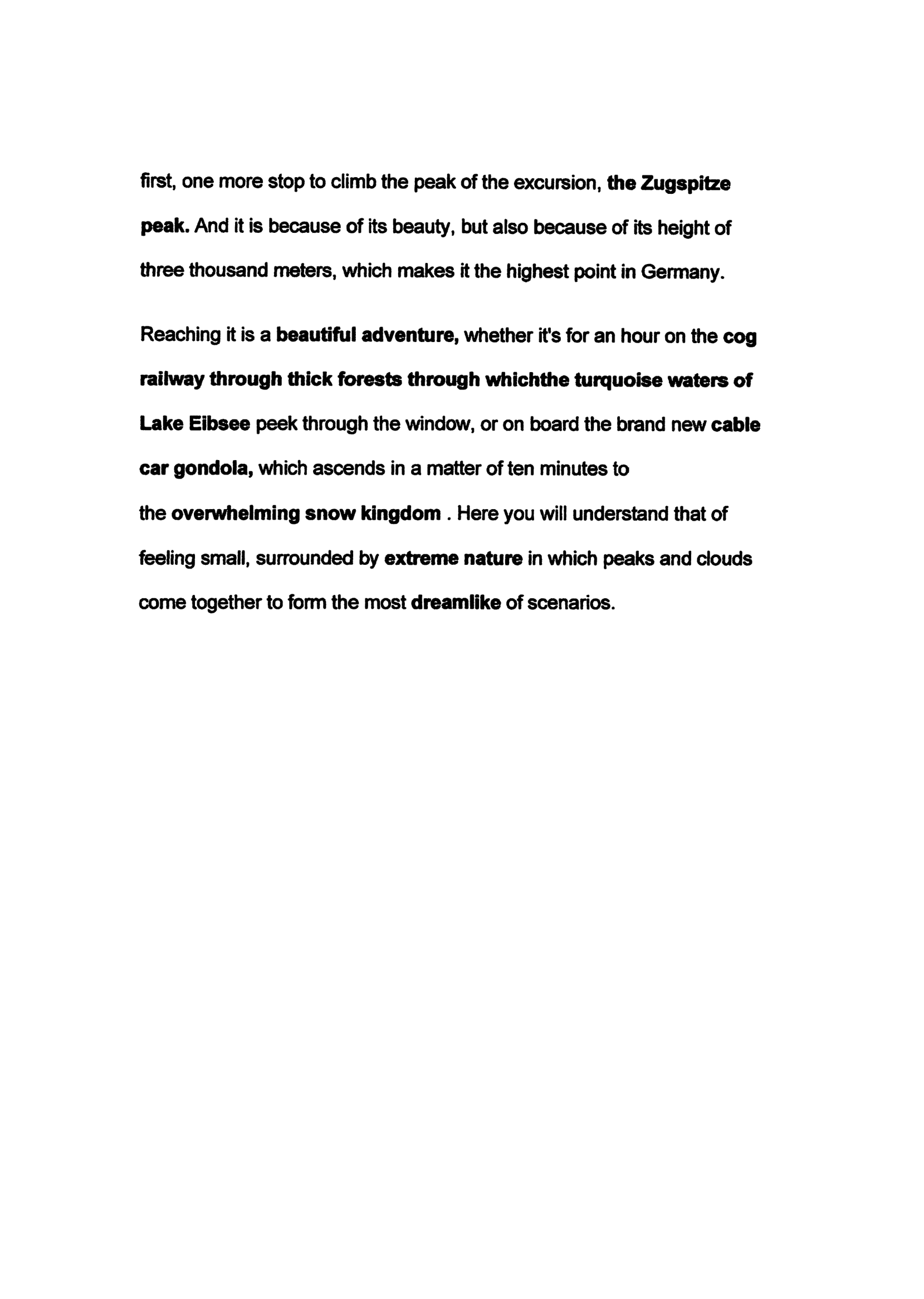

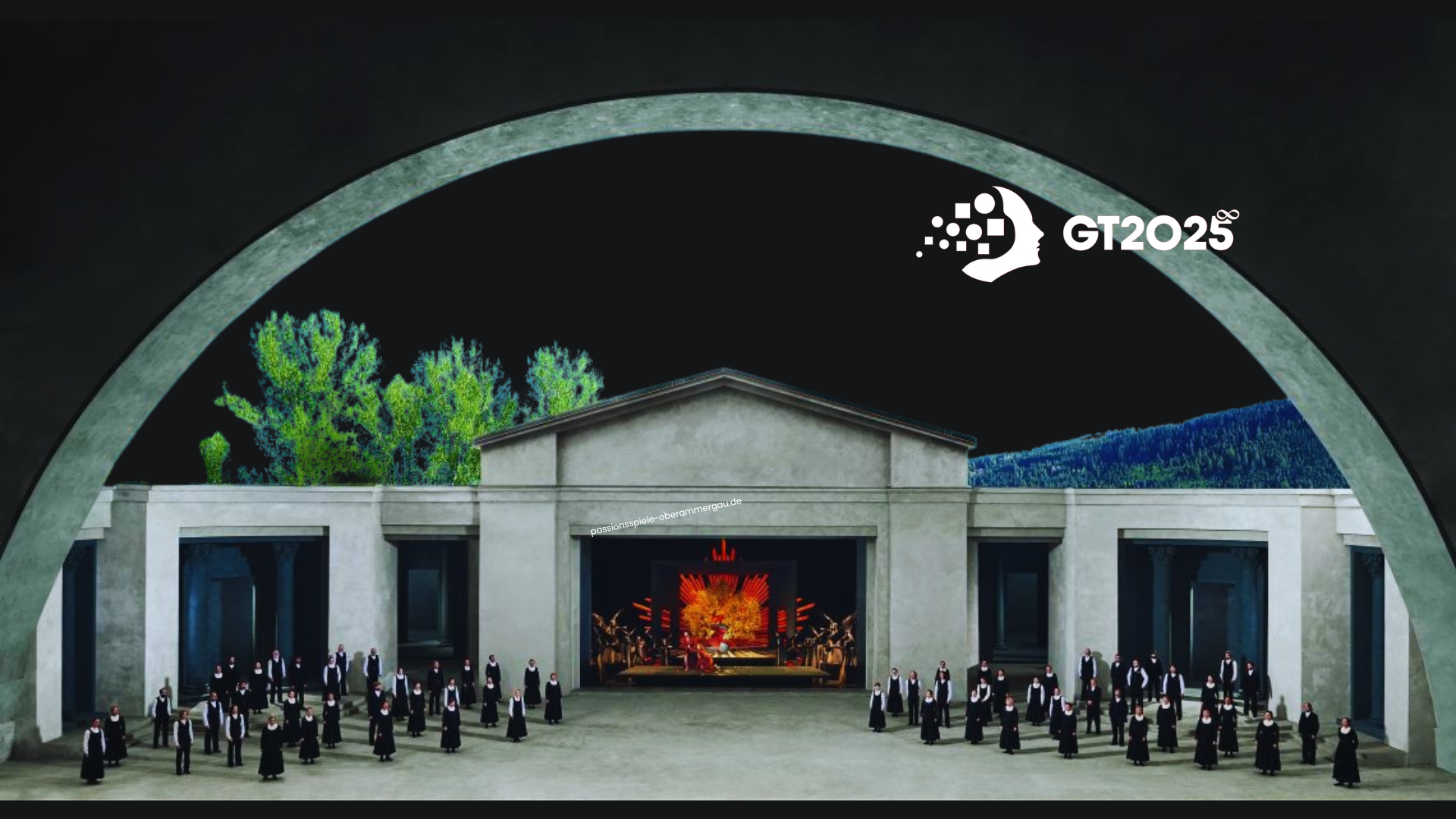
EMA’s 2025 Reads | The Age Of Outrage